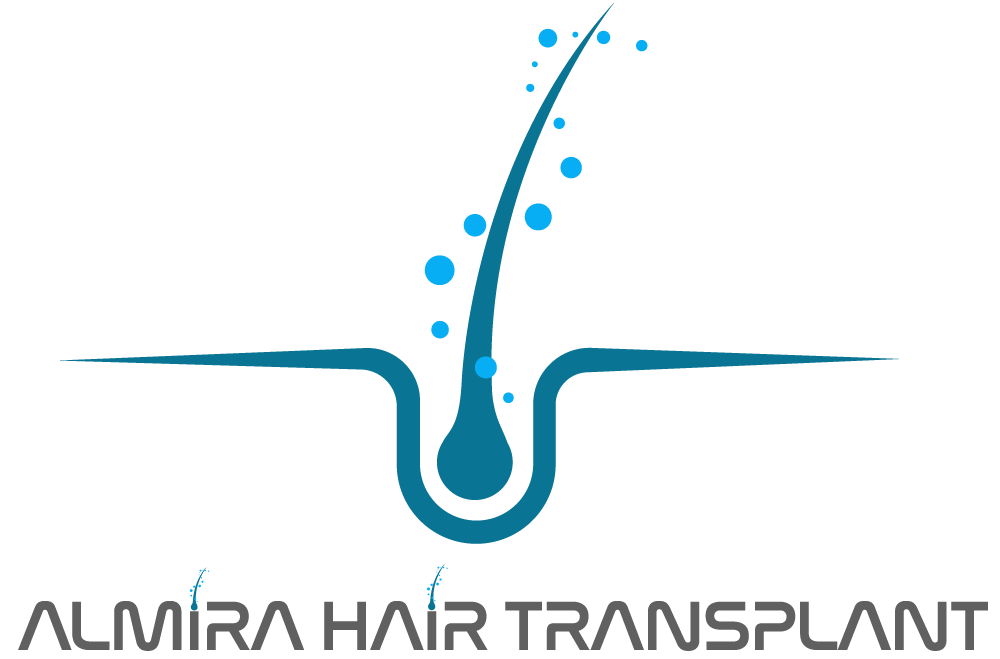Post-Hair Transplant Medication Usage and Interactions

Hair transplantation is a common and effective medical procedure to address hair loss issues. However, the success of this procedure depends not only on the techniques applied duringsurgery but also on post-operative care and medication use. Proper medication following hairtransplantation helps accelerate the healing process and supports the survival of transplantedgrafts. This article will discuss the medications used after hair transplantation, their effects, and potential interactions in detail.
Main Categories of Post-Hair Transplant Medications
Medications used after hair transplantation can generally be divided into the followinggroups:
1. Antibiotics
Hair transplantation involves making micro-incisions on the skin, which increases the risk of infection. Therefore, doctors usually prescribe antibiotics to reduce the risk of infection aftersurgery. Key points include:
2. Pain Relievers
Mild pain and discomfort may occur after hair transplantation. Doctors often prescribe painrelievers to reduce discomfort.
3. Anti-inflammatory Medications
Anti-inflammatory drugs may be used to reduce swelling and edema following hairtransplantation.
4. Antihistamines
Some patients may experience itching after hair transplantation. In such cases, antihistaminescan be used to alleviate the itching.
5. Topical Sprays and Lotions
Topical sprays and lotions may be recommended to moisturize the scalp and support thehealthy adherence of grafts. These products help maintain scalp cleanliness and aid in skin healing.
6. Hair Loss Medications
Products such as minoxidil and finasteride may be prescribed to control hair loss aftertransplantation.
Medication Interactions
Most medications used after hair transplantation are generally safe. However, they mayinteract with the patient’s existing medications or other substances. Therefore, doctors mustconsider the patient’s full medication history when creating a treatment plan.
1. Antibiotic Interactions
Antibiotics can interact with certain medications, reducing their effectiveness or increasingside effects.
2. Pain Relievers and Anti-inflammatory Drug Interactions
Pain relievers and anti-inflammatory drugs may amplify side effects when combined withcertain antidepressants or blood pressure medications.
3. Minoxidil and Finasteride Interactions
Points to Consider in Medication Usage
Patients must pay attention to the following when using medications after hair transplantation:
Long-term Medication Use for Maintenance
After the healing process is complete, long-term medication use may continue to support thesuccess of the transplant. For instance, medications to slow hair loss or lotions to maintainscalp health may be recommended.
1. Regular Use
Using prescribed medications as recommended helps transplanted hair adhere and protectsexisting hair.
2. Monitoring Side Effects
It is important to monitor for any side effects during long-term medication use. Consult yourdoctor before discontinuing any medication if side effects occur.
3. Nutrition and Supplements
Vitamin and mineral supplements may be necessary to support hair health. Supplementscontaining biotin, zinc, and iron, in particular, can improve hair quality.
Conclusion
Post-hair transplant medication use is a critical factor that directly impacts the success of theprocedure and the recovery process. Proper medications and careful usage help preventinfections, reduce pain, and ensure the healthy survival of grafts. However, as with anymedication, following the doctor’s recommendations and being mindful of potentialinteractions is essential. Patients are advised to use medications carefully and attend regularfollow-up appointments to effectively manage the treatment process.


